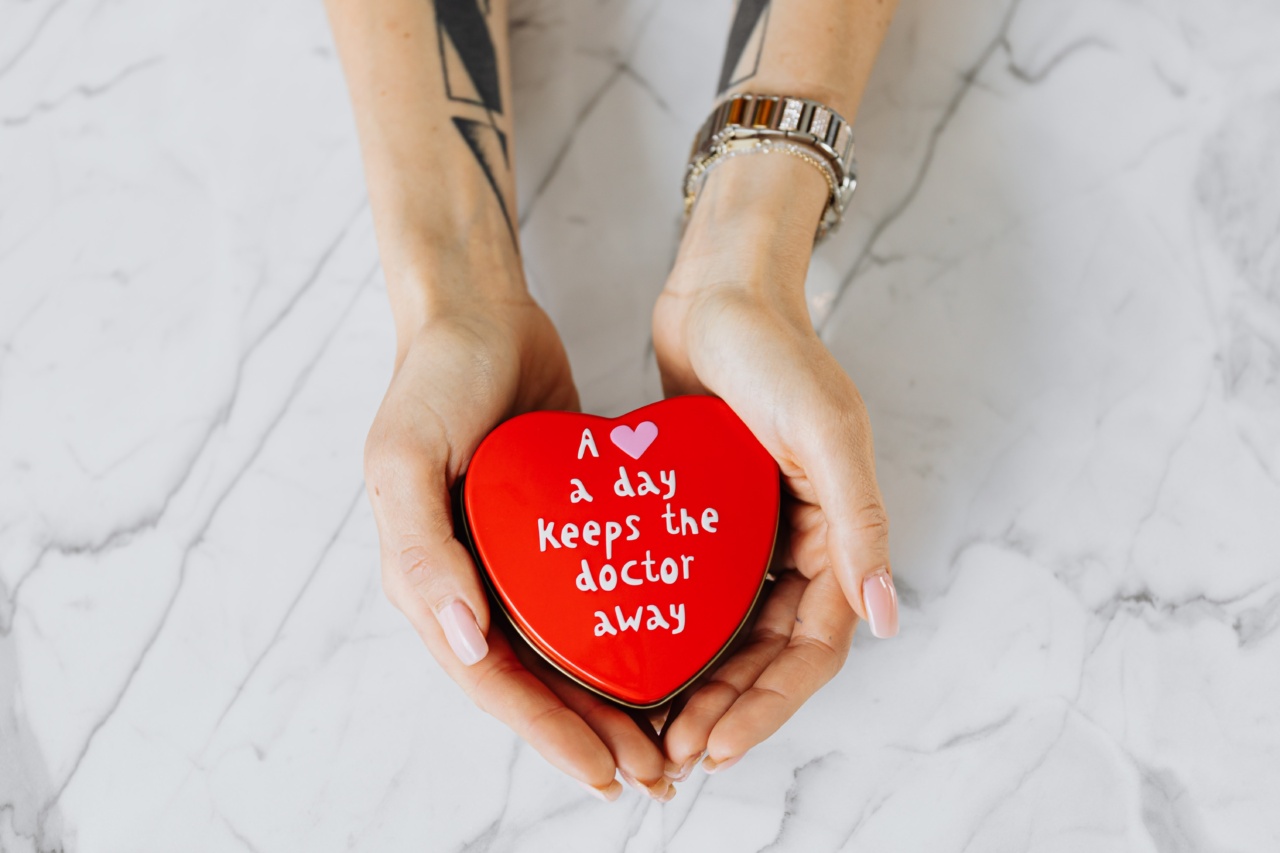A heart attack can be a life-changing event for both the person experiencing it and the people around them, including their significant other. It can leave emotional and physical scars that can challenge the relationship.
However, with the proper understanding, communication, and treatment, love can and does survive after a heart attack.
Physical Changes After a Heart Attack
After a heart attack, the person may experience physical changes that can affect their relationship. The person may have to change their diet and adopt a healthier lifestyle to avoid future heart attacks.
They may also have to take medication that can cause side effects, such as fatigue or decreased libido. Physical activity may become more difficult, which can impact things like intimacy or going on dates.
It is essential for the person and their partner to talk about these changes and find ways to adapt and adjust to them.
It may require patience, compromise, and understanding, but it is possible to find new ways of being intimate and enjoying each other’s company.
The Emotional Impact of a Heart Attack
A heart attack is a traumatic event that not only affects the body but also the mind and emotions. The person may experience depression, anxiety, fear, and other emotions that can impact their relationship.
They may feel like they are a burden or that they cannot provide for their partner anymore.
It is crucial for the person to seek professional help to manage their emotions and mental health. The partner should also be supportive and understanding, listen to their concerns, and help them seek the help they need.
It may require patience and empathy, but sharing the emotional burden can bring the couple closer together.
Adjusting to a New Normal
After a heart attack, the person may need to adjust to a new normal, which can be challenging for both the person and their partner. They may need to change their routine, limit certain activities, or develop new hobbies or interests.
The partner may need to take on more responsibilities or become a caregiver, which can be overwhelming and stressful.
The couple should communicate openly and honestly with each other, express their needs and concerns, and work together to find ways to adjust to the new normal.
It may require some trial and error, but finding a new routine and activities that work for both of them can strengthen the bond between the couple.
Rebuilding Trust After a Heart Attack
A heart attack can erode trust between the person and their partner, especially if there were warning signs or risk factors that were ignored or neglected.
It can also cause the person to question their mortality and wonder if they can be there for their partner in the future.
The couple should have an honest and open conversation about what happened, why it happened, and what steps they can take to prevent it from happening again.
It may require reassurance, forgiveness, and a renewed commitment to each other, but rebuilding trust can bring the couple closer together and stronger than ever.
The Importance of a Support System
A heart attack can be overwhelming and stressful, not just for the person but also for their partner and family.
It is important to have a support system in place to help the couple manage the physical, emotional, and practical challenges that come with a heart attack.
The support system can include healthcare professionals, family members, friends, and support groups. They can provide information, practical assistance, emotional support, and a sense of community and belonging.
It can also give the couple a chance to talk to people who have gone through similar experiences and learn from their insights and advice.
Conclusion
A heart attack is a serious and life-changing event that can challenge a relationship.
The physical and emotional changes, adjustment to a new normal, and rebuilding trust can be difficult, but with the proper understanding, communication, and treatment, love can and does survive after a heart attack. It may require patience, compromise, and empathy, but the process of overcoming the challenges together can strengthen the bond between the couple and create a deeper and more meaningful relationship.





























